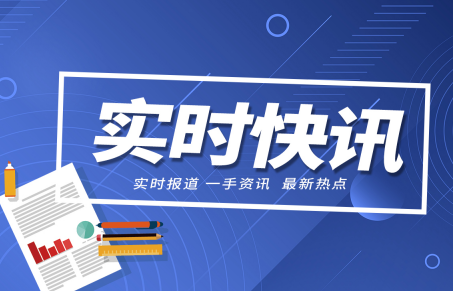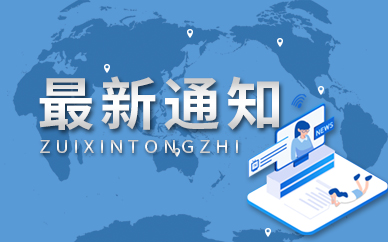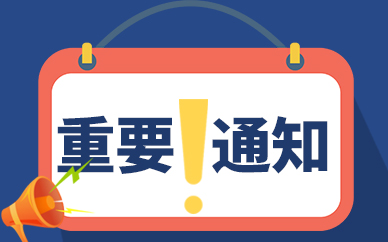Historic visit of Honduran leader
LI MIN/CHINA DAILY
 (相关资料图)
(相关资料图)
Honduran President Iris Xiomara Castro Sarmiento, who is on a historic state visit to China from Friday to Wednesday, is anything but an average leader not only because she is the first female president of Honduras, but more importantly because of her firm determination to seize the historic opportunity to establish diplomatic ties with the People"s Republic of China on March 26, 2023.
Following Costa Rica, Panama, El Salvador and Nicaragua, Honduras became the fifth Central American country to cut its "diplomatic ties" with Taiwan.
Thanks to the leaderships of the two countries, China-Honduras relations have developed at a fast pace over the past more than two months. On June 3, the Honduran president appointed pharmacologist and medical researcher Salvador Enrique Moncada as the first ambassador of Honduras to China. Two days later, on June 5, China opened its embassy in Honduras. And Honduras opened its embassy in China on Sunday.
With the establishment of these diplomatic channels, China and Honduras have intensified cooperation in many areas including trade, science and technology, and education. On June 2, Honduran Vice-Minister of Economic Development Melvin Enrique Redondo led a business delegation to the Chinese province of Fujian and met with the provincial authorities. While the representatives of the two countries have vowed to deepen bilateral economic cooperation, the process to approve Honduran exports such as shrimp, melons and coffee to China is proceeding in an orderly manner.
That Castro"s state visit will have a significant impact on the development of bilateral relations is evidenced for the duration of her visit — six days — and the number of high-level meetings she will attend.
According to the Chinese Foreign Ministry, China will use the opportunity to work with Honduras to "deepen mutual trust, expand cooperation, enhance friendship, and promote the steady and sustained development of bilateral relations".
The Honduran government has expressed similar views. After announcing her plan to visit China, Castro twitted that this signifies that the "re-foundation of Honduras demands new political, scientific, technical, commercial, and cultural horizons", suggesting that she considers her visit to China and China-Honduras relations to be crucial for the development of Honduras.
Economic collaboration is central to Sino-Honduran relations. The economies of China and Honduras are highly complementary. Agriculture, forestry, and fishing are the main pillars of the Honduran economy, accounting for about 11 percent of its GDP. And while the top exports of Honduras include coffee, crude palm oil, bananas and shrimp, its main imports include machinery, electronic equipment, chemical products and industrial manufactured products, which China can easily provide.
Besides, the Sino-Honduran trade volume had been growing even before the establishment of diplomatic relations between the two sides — it grew from $892 million in 2015 to $1.59 billion in 2022. And, as Honduran Foreign Minister Eduardo Enrique Reina said in an interview with the media in May, Honduras will seek to negotiate a free trade agreement with China with the aim of boosting its exports to the Chinese market.
Infrastructure investment is another promising area of bilateral economic cooperation. Like many other developing nations, Honduras too lacks the resources to modernize its infrastructure, which is obstructing its economic development. And China has the financial resources and technological capacity to help promote Honduras infrastructure development. As a matter of fact, Chinese companies have collaborated with Honduras in building the Patuca III Hydroelectric Project, whose construction was completed in 2020, and several Honduran politicians want Honduras to join the China-proposed Belt and Road Initiative to further develop the country"s infrastructure.
Politically, as stated in the Joint Communique on the Establishment of Diplomatic Relations between the People"s Republic of China and the Republic of Honduras, bilateral ties will be based on the principles of mutual respect for sovereignty and territorial integrity, mutual non-aggression, non-interference in each other"s internal affairs, equality, mutual benefit and peaceful coexistence.
These principles are in stark contrast to the United States" foreign policy that still upholds the Monroe Doctrine and treats Latin American countries, especially Central American nations, as its sphere of influence which has led to many tragedies in the region. In particular, equal partnership between China and Honduras will not only benefit the peoples in the two countries but also help promote democracy in international relations.
Moreover, win-win Sino-Honduran relations could prompt the 13 countries that still have so-called diplomatic relations with Taiwan to realize that adhering to the one-China principle is the right choice for them and in keeping with global interests and the trend of the times.
关键词:










